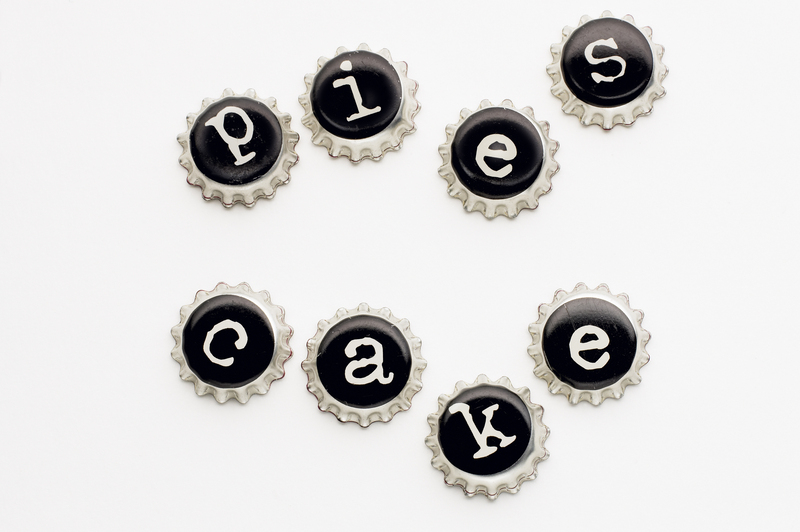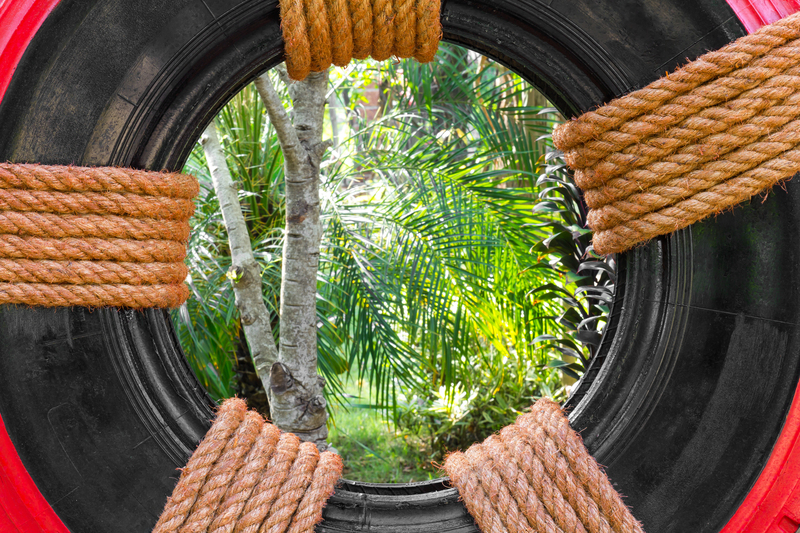Making Eco-Friendly Choices Easy: A Guide for Families on Recycling
Posted on 18/02/2024
In today's world, making eco-friendly choices has become essential for the well-being of our planet. From conserving resources to reducing pollution, every individual can make a positive impact by adopting sustainable practices in their daily lives. One such practice is recycling, which not only helps in reducing waste but also saves energy and natural resources. As responsible members of our communities, it is our duty to educate ourselves and our families about the importance of recycling and how to make it an easy and effortless part of our routine. In this article, we will provide a comprehensive guide for families on recycling, making eco-friendly choices easier for everyone.
Why Is Recycling Important?
Recycling is the process of converting used materials into new products instead of discarding them as waste. It is an effective way to reduce waste, conserve resources, and minimize the negative impact on the environment. Here are some key reasons why recycling is crucial:
- Preserves natural resources: Making products from recycled materials reduces the need for raw materials such as wood, minerals, and fossil fuels.
- Saves energy: Recycling uses less energy compared to producing new materials from scratch. For example, recycling aluminum cans uses 95% less energy than producing them from raw materials.
- Reduces pollution: Recycling prevents waste from ending up in landfills or incinerators where it can release harmful chemicals into the air and water.
- Creates jobs: The recycling industry creates job opportunities for millions of people around the world.
- Helps fight climate change: By reducing carbon emissions through energy savings and forest preservation, recycling plays a vital role in mitigating climate change.
With these benefits in mind, it is clear that recycling should be a top priority for individuals and families looking to live a sustainable lifestyle.

The Basics of Recycling
Recycling may seem like a daunting task at first, but with a little organization and effort, it can become a seamless part of your daily routine. Here are the basic steps to follow:
1. Know what to recycle: Not all materials are recyclable, so it's essential to know which ones can be recycled in your area. Common items that can be recycled include paper, plastic, glass, and metal.
2. Sort your waste: Keep different bins or containers for each type of recyclable material. This will make sorting easier and save time when taking them to a recycling facility.
3. Rinse containers: Before placing them in the recycling bin, make sure to rinse out any residue from food or drinks. Leftover food or liquid can contaminate other recyclable items and render them useless.
4. Follow guidelines: Check with your local recycling facility or municipality for specific guidelines on proper recycling practices in your area.
5. Educate your family: Teach your family members about the importance of recycling and how to properly sort waste. Children especially can become enthusiastic about recycling and spread awareness to their friends and classmates.
Tips for Making Recycling Easy
Here are some tips to help you and your family make recycling a hassle-free part of your routine:
- Set up a reminder: Put up a note or set an alarm on your phone to remind you when it's time to take out the recyclables.
- Consider composting: Kitchen scraps such as fruit peels and vegetable cuttings can be composted instead of being thrown away, reducing the amount of waste that goes into landfills.
- Buy products made from recycled materials: Support companies that use recycled materials in their products by opting for these options when shopping.
- Avoid unnecessary packaging: When possible, choose products with minimal packaging or opt for reusable alternatives.
- Start small: If you're new to recycling, don't feel overwhelmed by trying to do everything at once. Start with one or two items and gradually add more as you get used to the process.

The Pros and Cons of Recycling
Like any other practice, recycling also has its advantages and disadvantages. Let's take a look at the pros and cons:
Pros:
- Reduces waste in landfills
- Helps conserve natural resources and energy
- Reduces pollution and carbon emissions
- Creates job opportunities
- Plays a vital role in fighting climate change
Cons:
- Can be time-consuming to sort and rinse recyclables
- Some materials can only be recycled a limited number of times before they become unusable
- Not all materials are recyclable, leading to confusion for some individuals
- Can be difficult to find local recycling facilities in some areas
Conclusion
Recycling is an effective way to reduce waste, conserve resources, and protect our environment for future generations. With the right knowledge and commitment, making eco-friendly choices such as recycling can be an effortless part of our daily lives. By following the tips and guidelines outlined in this article, families can make a positive impact on the planet and set an example for others to follow. Let's all do our part in creating a sustainable future for our planet by embracing recycling as a simple yet powerful tool towards eco-friendliness.
Latest Posts
Enhance Business Efficiency with Waste Collection

